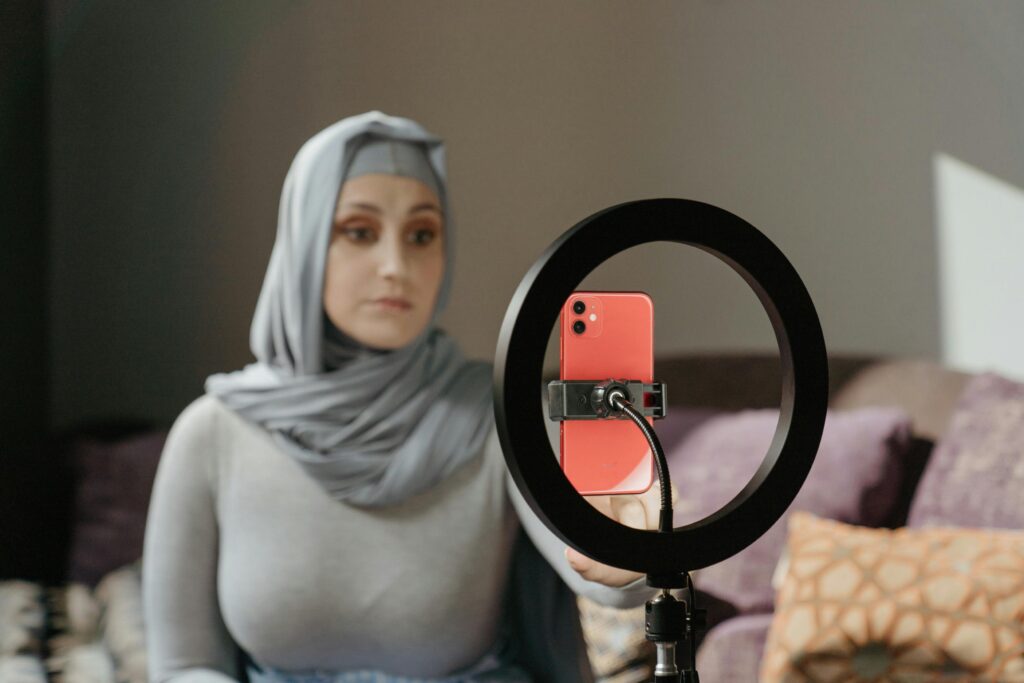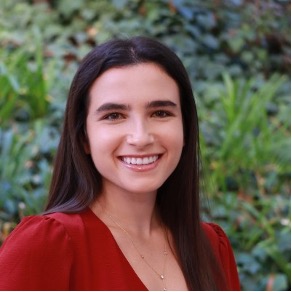SOHP Science Networking Event Session
Blog post by Alexis Rivkin, Edited by Lacie Barber & Rebecca Brossoit

SOHP’s Scientific Affairs committee hosted a series of virtual Science Networking Events in Fall 2022 that brought together researchers to discuss a variety of occupational health psychology topics with networking opportunities. This blog summarizes highlights from the following event:
Let’s Get Social – Sharing OHP Science on Social Media
Sy Islam, Lisa Kath, & Gordon Schmidt
September 20th, 2022
Event Introduction
As OHP researchers, we’re driven to make a difference. Yet, often we become narrowly focused on sharing our findings in traditional settings such as publications and conference talks. However, in today’s digital age, social media offers a unique opportunity to amplify our impact on a much broader scale, reaching diverse audiences including practitioners and students.
Social media platforms like X/Twitter, Facebook, Reddit, and Instagram hold immense potential for collaboration and connection, but building and maintaining an online presence on these sites can seem overwhelming and daunting. To shed light on this topic, we invited three panelists who have not only embraced social media but have also demonstrated remarkable creativity and dedication in leveraging its power. Our panelists included:
- Sy Islam – Kaizen Human Capital
- Connect on X/Twitter @IOSyIslam
- Lisa Kath – San Diego State University
- Connect on X/Twitter @iopsychmemes or @lisa_kath
- Gordon Schmidt – University of Louisiana Monroe
- Connect on X/Twitter @iopsychology
This session was hosted by Lacie Barber and Gloria González-Morales. Other Scientific Affairs committee members include Rebecca Brossoit, Katrina Burch, and Courtney Keim.
Discussion Highlights
The transcript excerpts from below have been lightly edited for brevity or interpretation.
On why sharing your good science on social media is helpful in the I/O psychology world…
- Sy – There is a lot of bad information out there and we have to be the people to correct that. It is our responsibility to be that contrarian and provide better information because if we don’t then someone is going to fill that gap and they could ultimately fill that gap with bad science. By being present and being known on social media we can propel good science forward to ensure that the science-practitioner gap keeps getting smaller.
- Lisa – Memes in particular have worked for the good of science in an interesting way. I find that they have a sort of in-group quality to them and so if people don’t understand the meme, it may cause some positive social pressure and nudge them to evaluate what they do know and seek out more information to eventually be in the in-group.
- Gordon – The value of social media isn’t hypothetical… it’s very real. Social media breeds connection. It’s a great way to reduce some of the hierarchies within the field and just get to talk and connect with people. Social media sites decrease the barrier to interaction. There are so many people out there who are open and wanting to talk to you, even people outside of our field, and so using these platforms allows you to connect with those people and form amazing friendships, meet other collaborators, and expand your knowledge.
On how you can build your presence on social media and stay engaged with it…
- Sy – You should really post as much as you can…it’s more of a volume game. Putting your information anywhere on social media whether that be Reddit, Instagram, Facebook, etc. can lead to other people accessing it and wanting to have a conversation about it.
- Lisa – I have found that each platform that I am involved in has different audiences. For example, I have a lot more student followers on Instagram whereas on Twitter my audience is a lot more academic. It could be helpful to be strategic about lining up your platform with your target audience.
- Gordon – Make social media useful to you. You can be a lurker and never really post but be digesting all of this shared knowledge and use it to help you. It is also really helpful to comment on other people’s work or direct message them. On the posting side, you need to have reasonable expectations, but scheduling your posts is a huge help and a great way to ensure you are still getting your information out there while not spending all of your time each week on figuring out how to disseminate that information.
Watch the Full Discussion
SOHP members can access the full session recording here. If you aren’t yet a member, please consider joining to access these recordings and other great SOHP membership benefits!

Alexis Rivkin is a second-year master’s student in the Applied Psychology program at San Diego State University in the ConnectWell @ Work Lab. Her thesis work explored how workplace telepressure predicts sleep quality and burnout. Additional interests include work-family research, flexible work arrangements, job crafting, and leadership. She has applied experience with an external consulting company where she has used her I-O training to apply various principles to improve organizations. Alexis practices OHP work recovery principles in her own life by going on long runs along the San Diego coast, spending time with her loved ones, and trying new recipes.
